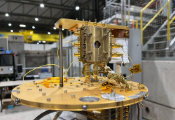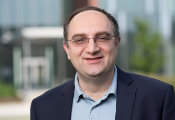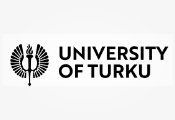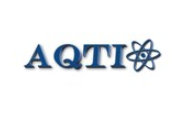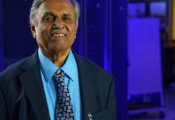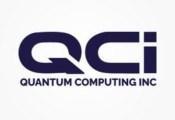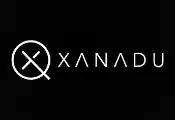EuroHPC Signs Procurement Contract for French-German Quantum Computer Lucy
September 26, 2024 -- The procurement contract for the EuroQCS-France quantum computer, Lucy, has been signed by the European High Performance Computing Joint Undertaking (EuroHPC JU) and the selected French-German vendor partnership, including Quandela and attocube. Lucy will be a digital, MOSAIQ-12 photonic quantum computer, offering 12 physical qubits.
The new system will be available to a wide range of European end-users, from the scientific community to industry and the public sector. The specific architecture of the Lucy universal quantum computer will enable the resolution of existing problems and the discovery of new use cases. Coupled with the GENCI supercomputer Joliot-Curie, operated by CEA, it will allow the exploration of numerous hybrid HPC-Quantum Computing workloads for topics such as electromagnetic simulation, structural mechanics, engine combustion, material simulation, meteorology and earth observation.
Owned by the EuroHPC JU, the system will be hosted by GENCI (Grand Equipement National de Calcul Intensif, France), installed and operated at TGCC (Très Grand Centre de calcul du CEA (Commissariat à l’énergie atomique et aux énergies alternatives, France), one of the three national computing centres in France. The installation of the system will start in 2025.
The EuroQCS-France consortium is led by GENCI as hosting entity and CEA as hosting site, with the University Politehnica of Bucharest (UPB, Romania), Forschungszentrum Jülich (FZJ, Germany) and Irish Centre for High-End Computing (ICHEC, Ireland) as members.
The total cost of the system is around EUR 8.5 million and will be co-funded by the EuroHPC JU (50%) and France (50%).
The consortium led by Quandela and attocube has been selected following a call for tender launched in January 2024. On June 2023, the EuroHPC JU signed hosting agreements with six sites across Europe to host & operate EuroHPC quantum computers.
In 2024, the EuroHPC JU has announced the signatures of the procurement contracts for the EuroQCS-Poland quantum computer and the LUMI-Q consortium’s quantum computer.
The selection of six hosting entities followed the view of offering the widest possible variety of different European quantum computing platforms and hybrid classical-quantum architectures, giving Europe the opportunity to be at the forefront of this emerging field, and to provide European users with access to diverse and complementary quantum technologies.
This initiative offers a novel interpretation of quantum computers as accelerator platforms in genuine HPC environments. The foreseen integration will require essential R&D developments towards a hybrid software stack managing both HPC and quantum computing (QC) workloads. During the integration work, all Hosting Entities will collaborate closely with European Standardisation bodies.
These six quantum computers will come on top of two analogue quantum simulators procured under the EuroHPC JU project HPCQS and which are based on neutral atoms, supplied by the French company PASQAL. HPCQS aims to develop and coordinate a cloud-based European federated infrastructure, tightly integrating two quantum computers, each controlling 100-plus qubits in the Tier-0 HPC systems Joliot-Curie of GENCI and the JURECA modular supercomputer at the Julich Supercomputing Centre (JSC).

